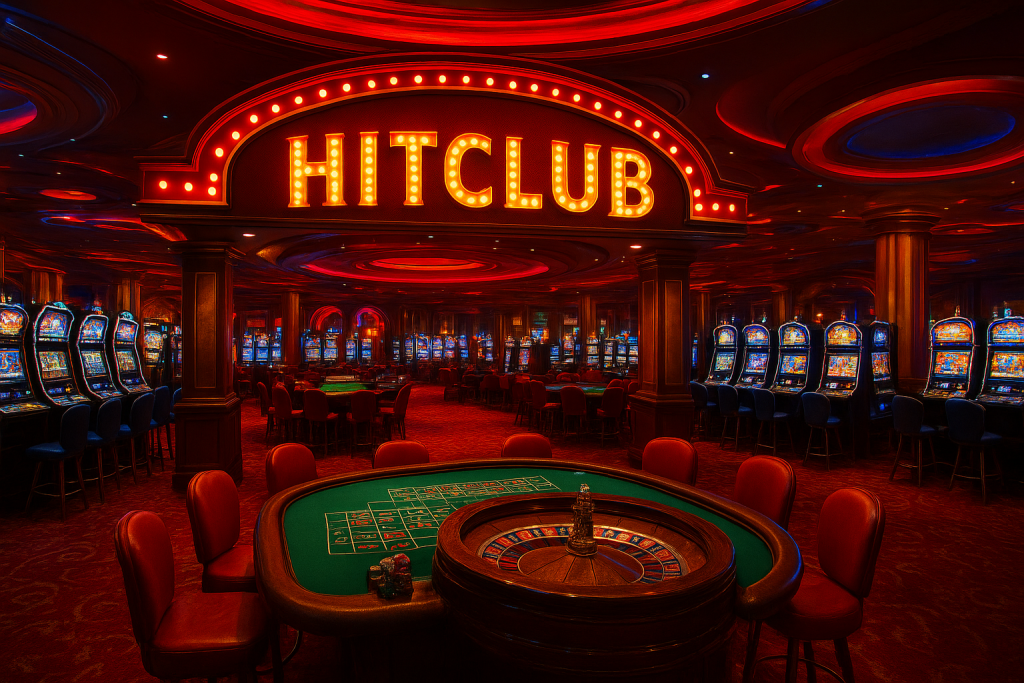Exploring the Psychology of Casino Games

Casino games have always fascinated players with their mix of chance, strategy, and entertainment. But behind the flashing lights and thrilling wins lies a deep layer of psychology that explains why people are drawn to gambling.
The Thrill of Uncertainty
One of the strongest psychological triggers in casinos is the element of uncertainty. The human brain is wired to respond to unpredictable rewards, and this makes games like slots and roulette highly engaging. Each spin or card dealt carries the potential for a big win, keeping players on edge with anticipation.
The Role of Dopamine
Winning, even small amounts, releases dopamine — the brain’s “feel-good” chemical. This sensation reinforces the behavior, encouraging players to continue. Casinos design games to maximize these small victories, creating a cycle of excitement and reward.
Near Miss Effect
Psychological studies show that near misses — results that are close to winning — stimulate the brain almost as much as actual wins. Slot machines often use this effect, showing two matching symbols just short of a third, keeping players motivated to try again.
Social Influence
Casinos also thrive on social interaction. Whether it’s the shared excitement at a blackjack table or competing in a slot tournament, being part of a group enhances the experience. Online casinos replicate this through chat features, leaderboards, and multiplayer options.
Illusion of Control
Players often believe they can influence the outcome of games of chance, a phenomenon known as the “illusion of control.” Dice rolling, card choices, or even timing of slot spins can make players feel more involved in the process, increasing engagement.
Design and Atmosphere
From vibrant visuals to upbeat sound effects, casinos use sensory design to heighten excitement. Online platforms employ similar strategies with colorful themes, immersive graphics, and celebratory sounds when players win.
Responsible Awareness
While the psychology of gaming makes casinos engaging, it also underscores the importance of responsible play. Recognizing these triggers helps players stay in control and maintain gambling as a form of entertainment.
Conclusion
The psychology of casino games reveals why they remain so captivating to millions worldwide. By combining uncertainty, reward systems, and social interaction, casinos create experiences that are hard to resist.
For those seeking a safe, entertaining, and engaging casino environment, hit club provides an excellent platform that balances excitement with responsibility.